Share This
Videos and Photos18 December 2017

Lake Chad Last year and in the first months of 2016, violence by Boko Haram caused thousands within the Lake Chad region to flee their homes as well as, on a lower scale, a wave of refugees from neighbouring Nigeria. In addition, the Chadian government’s response forced tens of thousands of residents in the Lake area to leave their villages. According to figures released by OCHA in October, there are 117,873 displaced people in the Lake region and 6,994 refugees, over 5,000 of whom have been living in the Dar Es Salam camp since the beginning of last year. Although violence and the number of people fleeing have since decreased, many of those who have settled across the Lake region have lost their sources of livelihood and belongings. These people are still in dire need of support. Captured: A young woman is carried to the MSF mobile clinic after travelling on a horse and cart for over 30km. She is being checked by MSF staff before being brought to the main hospital in Bol from Yakoua town.
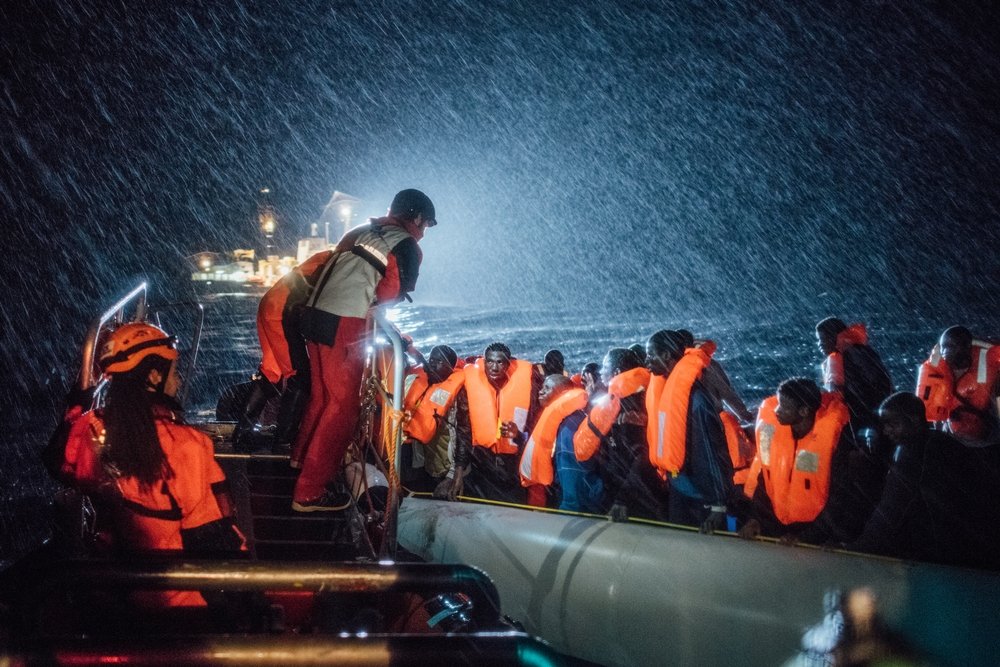
Aquarius SAR: Winter conditions and high seas In 2016, MSF teams on board of Dignity, Bourbon Argos and Aquarius (in partnership with SOS Mediterranee) have directly rescued 21,603 people and assisted 8969, a total of 30,572 in more than 200 different operations. Despite winter weather and rough seas migrants and refugees are continuing through December to attempt the perilous crossing from Libya to mainland Europe. Captured: MSF and SOS Mediterannee Search and Rescue personnel operate in appalling conditions in the Mediterranean sea, 22 December 2016, as they help a boat in distress full of refugees and migrants off the northern coast of Libya.
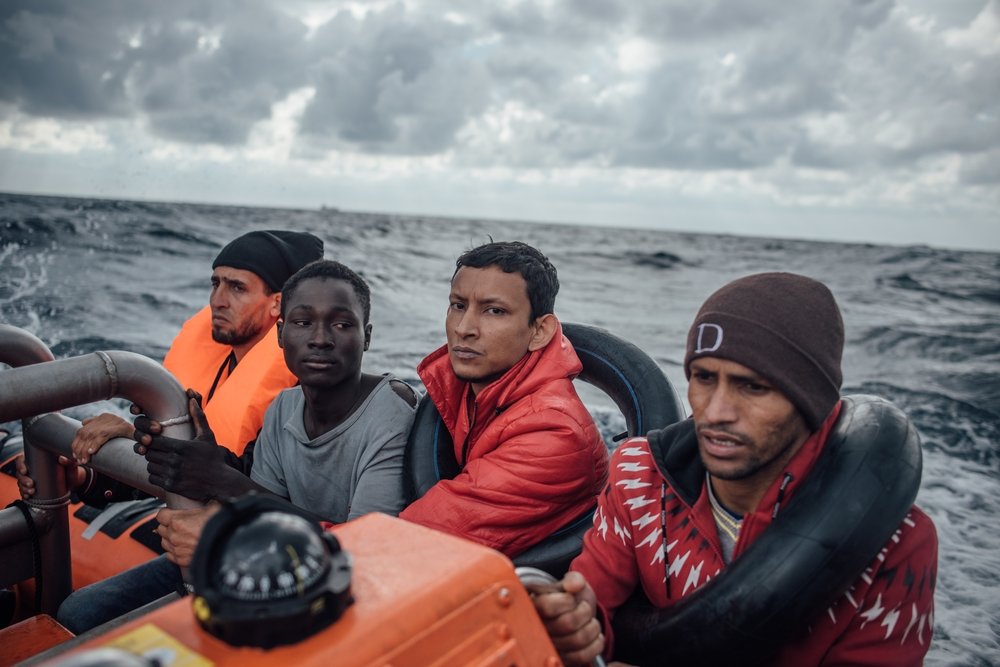
Aquarius SAR: Winter conditions and high seas Despite winter weather and rough seas migrants and refugees are continuing through December to attempt the perilous crossing from Libya to mainland Europe. Captured: Young men hold on tight as an MSF and SOS Mediterannee speedboat transfers them from their dangerous wooden boat to the MSF/SOS Search and Rescue vessel, Aquarius, 28 December 2016, in the Mediterranean sea off the northern coast of Libya.
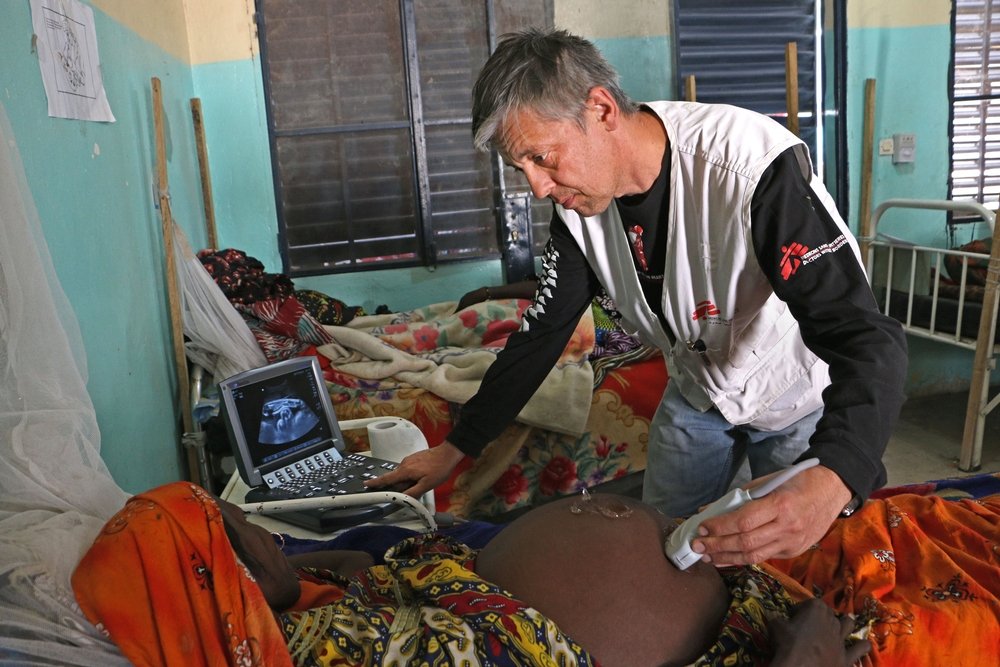
Lake Chad: Life amidst a protracted crisis (Chad) Violence by Boko Haram in the Lake Chad region continues. Coupled with the Chadian Government's response, thousands in the region have had to flee their homes. MSF teams are based in Baga Sola, Bol, Liwa and Kiskawa from where they run several mobile clinics providing basic healthcare and mental health support to the displaced and local population. The most common medical conditions seen in MSF clinics are linked to the difficult living conditions and the lack of access to clean water. MSF is also supporting the health centre in Tchoukoutalia. Teams are also working in the Dar Es Salam camp providing mental healthcare to refugees who have fled violence in Nigeria. In Bol regional hospital, MSF, in collaboration with the Ministry of Health, has been providing free healthcare in the paediatric and maternity wards, focusing on deliveries, obstetric complications, neonatal care and nutrition. MSF is also working in the operating theatre. In 2016, teams carried out 378 deliveries, 74 of which were caesarean sections. MSF also provided nutritional and paediatric services to over 1,000 children. Captured: Dr. Henryk Mazurek, MSF gynaecologist-obstetrician conducts an ultrasound on a patient who is about to deliver twins, prior to obstetric surgery. Since November 2015, MSF has been working at the Bol regional hospital to support the Ministry of Health in maternal and paediatric care.
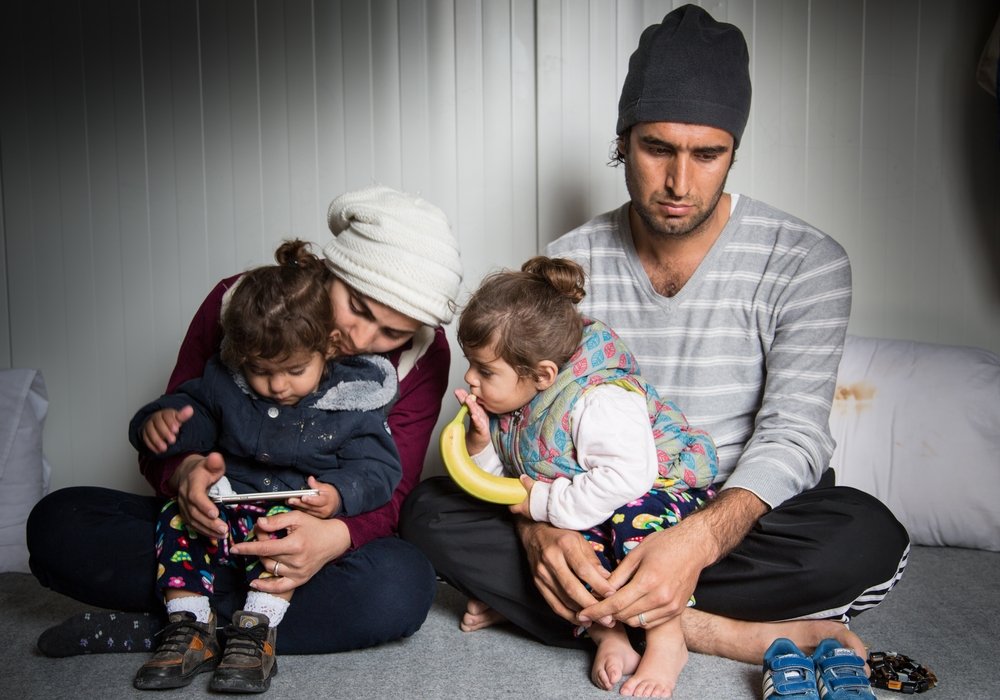
Living Conditions in Lesbos, Greece Since the signing and implementation of the EU-Turkey Statement in March 2016, MSF has witnessed the unbearable human consequences directly related to this abusive and unjust agreement. European political leaders have covered their eyes and carelessly ignored the deal’s fundamental flaws as they boast about its supposed success. After the the EU-Turkey agreement was implemented MSF suspended its activities inside the hotspot of Moria, in protest of an inhumane agreement that has real human consequences. MSF provides mobile health promotion and outreach at the camp, referring patients to our clinic in Mytilene. Captured: Portrait of Karon, 31 Years old from Iraq. Karon, his wife and their two twins are blocked in Lesvos since their arrival on August 2nd, 2016. “What I have seen in Iraq, I do not want my children to see it again. This is why we left our country, where everything is paralyzed, everything stopped, there is no life…My true dream is that my children will live in a beautiful country, without war, without bloodshed, without any of this. This is the only thing I wish for.”
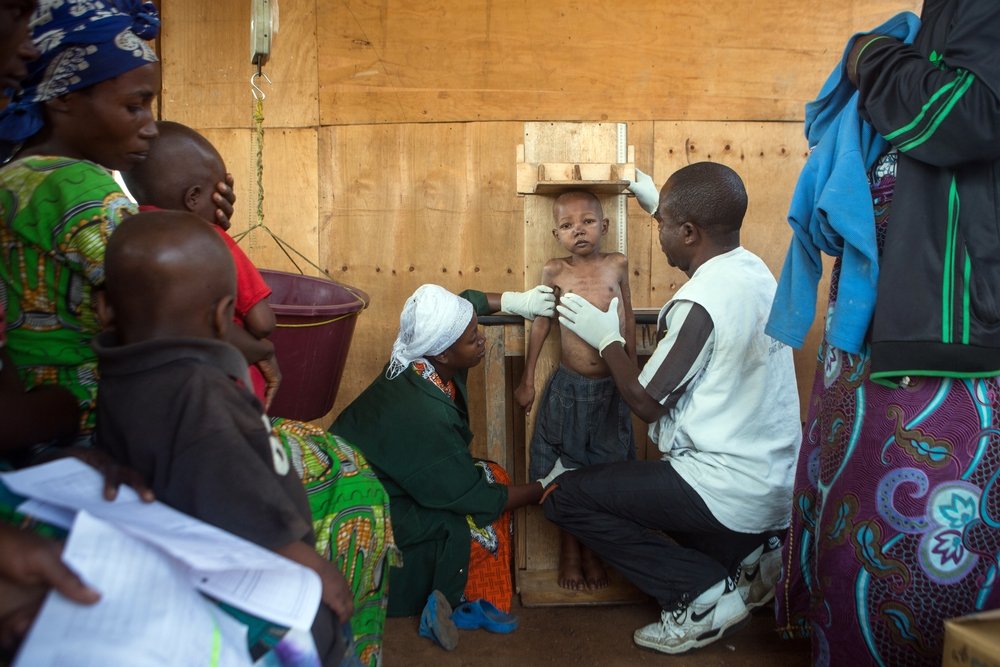
North Kivu, DRC: Hospitals, the safe zones for a population at risk Captured: A severely malnourished child is being measured at an MSF supported health center in Bukama, Masisi, North Kivu, February 8, 2017
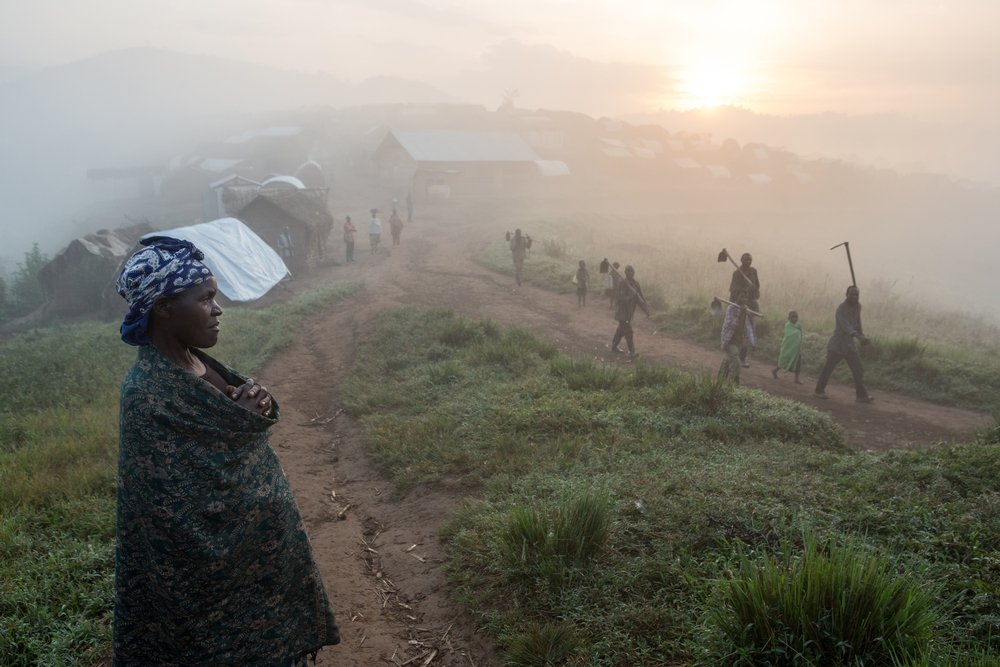
North Kivu, DRC, Feb 2017 Captured: Dawn at internally displaced people (IDP) camp in Mweso, the camp was established in 2007. Mweso is a town in North Kivu, Eastern Democratic Republic of the Congo. it is located about 120 kilometres from North Kivu’s capital Goma. Mweso, February 8, 2017.
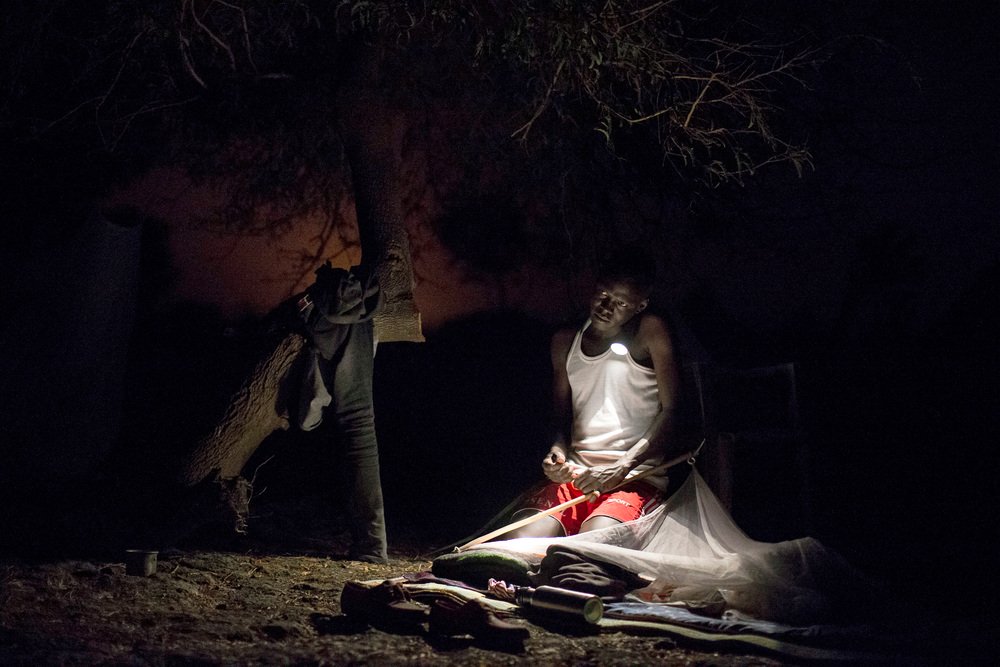
Outdoors support clinics, Thaker. Leer, South Sudan Three years after the beginning of the conflict, Leer and Mayendit counties are greatly affected by the ongoing violence and the longstanding clashes between governmental and opposition forces. Civilians are on the first line of the conflict and the ongoing violence has a very clear impact on the ability for the population to access basic and secondary medical care and other basic services. The population has been locally displaced multiple times; and many people had fled the area completely. Captured: James*, MSF Community Area Supervisor organises his bedding for the night close to an MSF outdoor support clinics in Gier, Leer County, South Sudan, March 21, 2017.
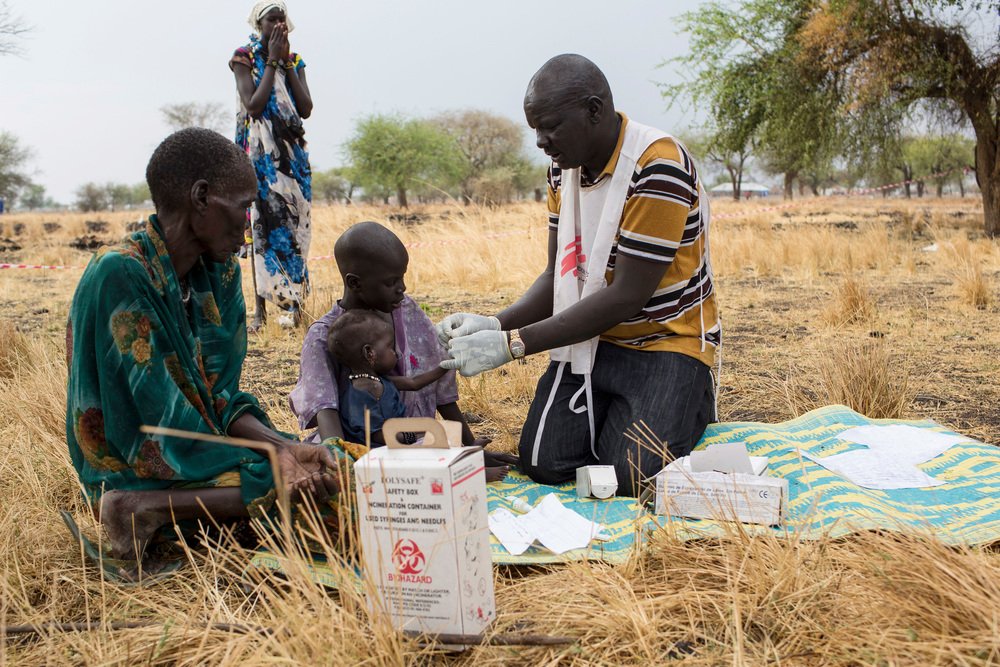
Outdoors support clinics, Thaker. Leer, South Sudan Captured: MSF Community Health Promoter, Gatbel*, tests a child for malaria at an outdoor support clinic in Thaker, Leer County, South Sudan, March 18, 2017.
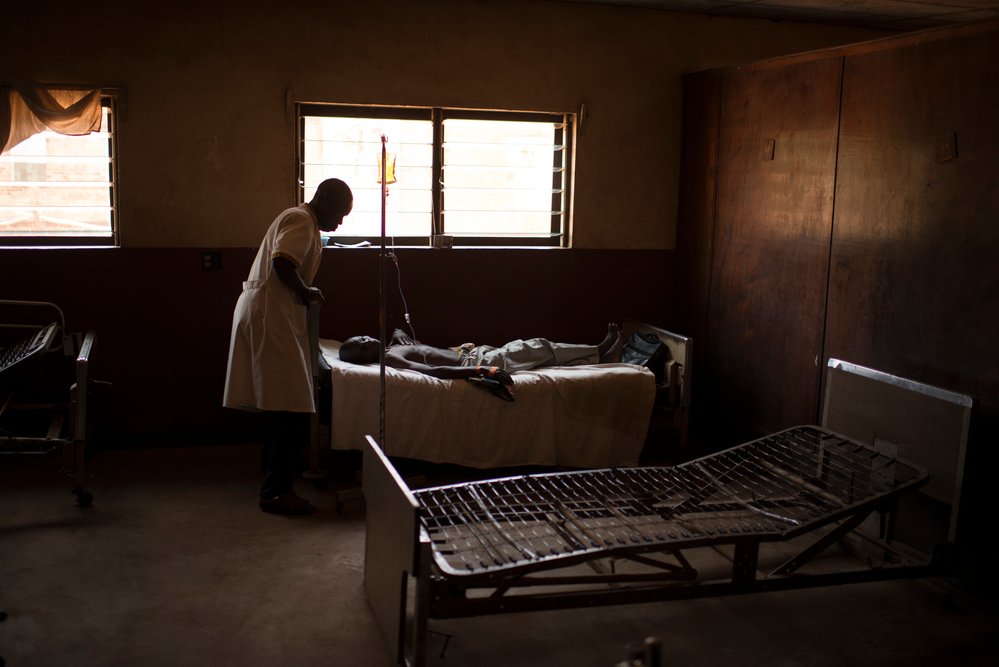
Central African Republic: March 2017 Captured: Baptist church's medical centre of Ippy.9
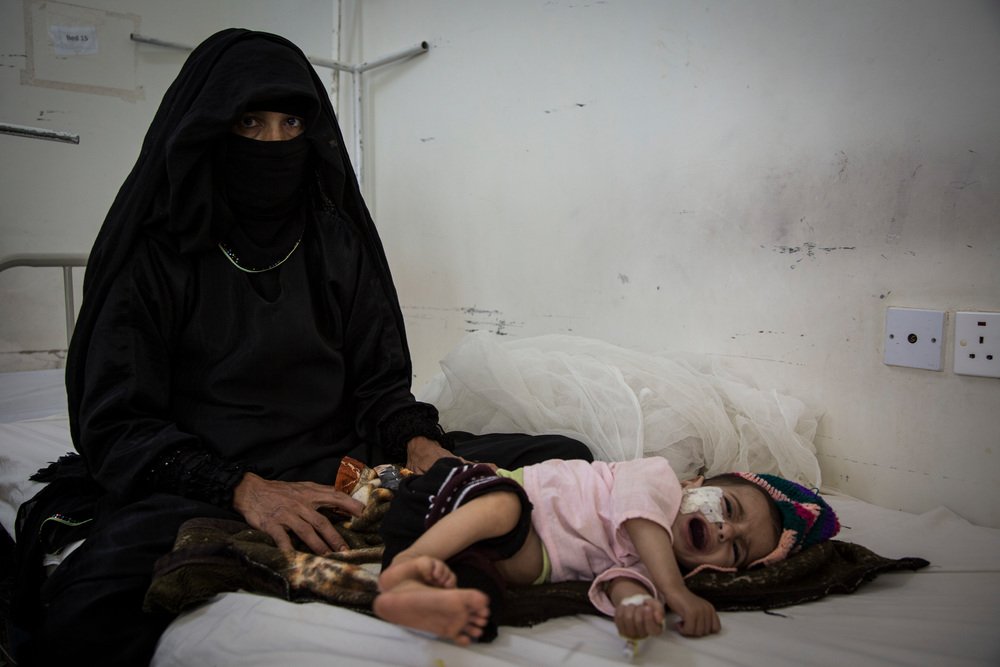
Yemeni chronicles After more than two years of conflict, the medical and humanitarian situation in Yemen is extremely dire and only seems likely to further deteriorate with an estimated 14.8 million people lacking access to basic healthcare in Yemen. More than half of the health facilities are non-operational because of destructions, lack of staffs and medicine. In addition, fuel price, more than 40% higher than before the crisis makes any movement to the remaining facilities almost unaffordable for most households and patients often reach health centres at the last minute.
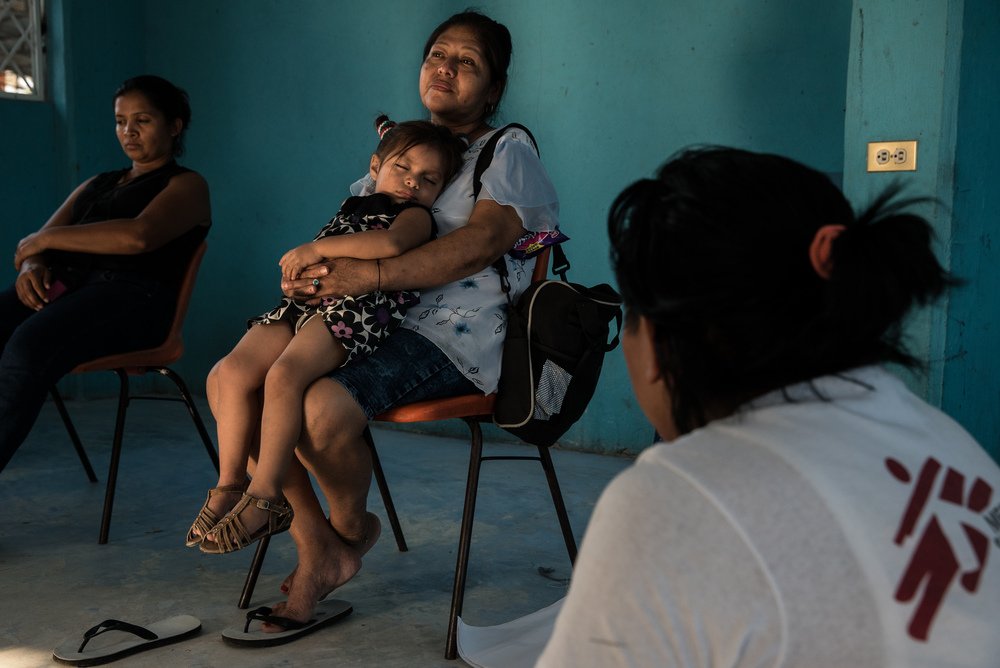
Mexico Migrants Report 2017 The report denounces humanitarian crisis affecting people forced to flee from El Salvador, Honduras and Guatemala.
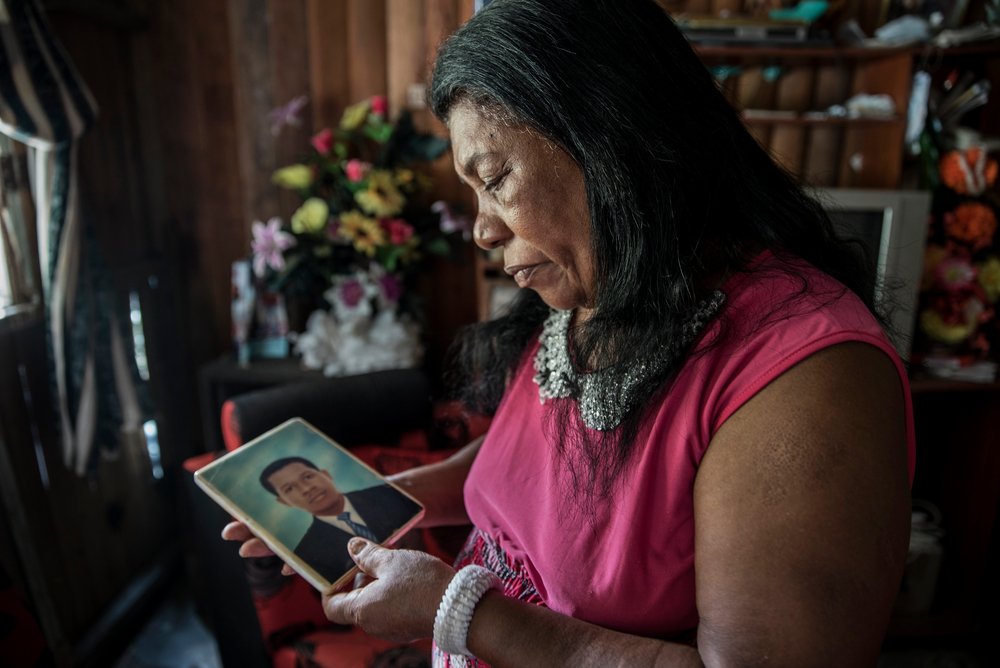
Violence in Buenaventura, Colombia Since 2015 MSF has been offering comprehensive care – medical and psychological services – to victims of violence and sexual violence in Buenaventura. Buenaventura is situated on the Colombian Pacific coast. It has gained notoriety as a city with the highest crime rates in the country, where a large part of the population is exposed daily to acts of violence including killings, shootings, extortion, kidnappings and sexual abuse. Despite the psychological trauma the daily violence inflicts on Buenaventura´s inhabitants, access to mental health treatment is still extremely limited. Many victims are too afraid to seek help from existing services.
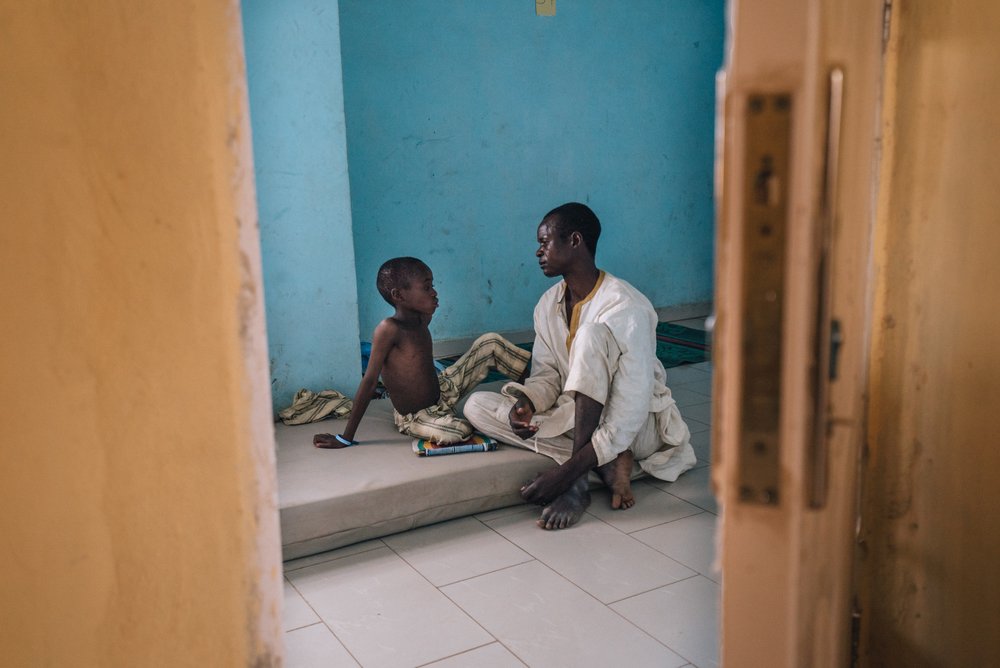
Nigeria: Fighting the worst meningitis C epidemic in nine years On April 8 MSF began to support the Ministry of Health and on April 15 MSF took over the management of its 200 beds to help reduce the mortality in the worst meningitis C epidemic recorded in the country in nine years. Since then, MSF staff has treated in this facility 614 patients. Most are between five and twenty years old.
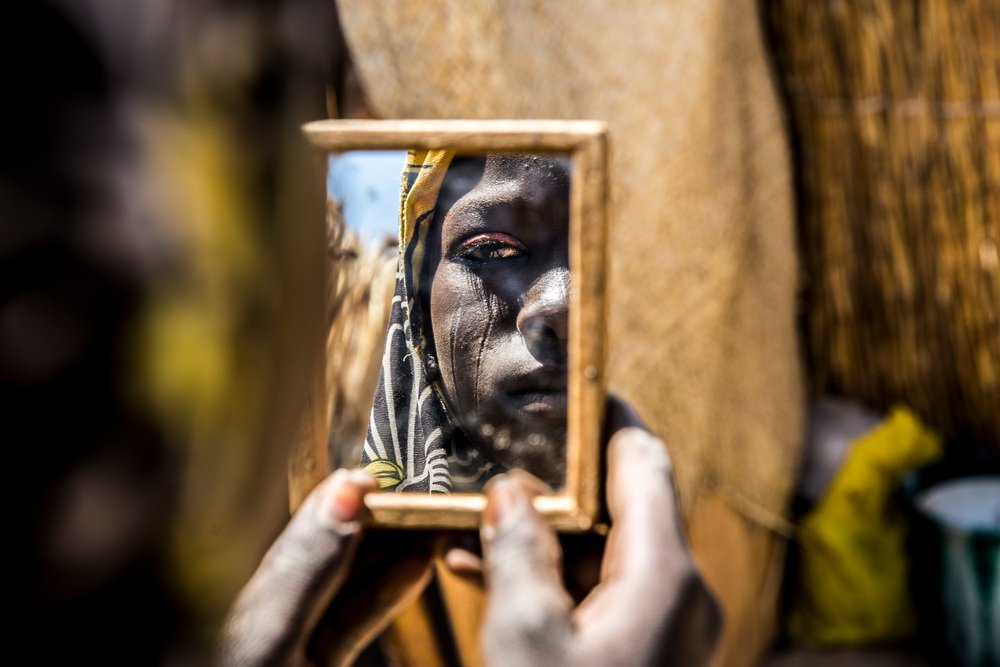
Diffa, Niger: a region devastated by the Boko Haram crisis Captured: Garba receives mental health care at the MSF clinic. His wife went to MSF for prenatal care.
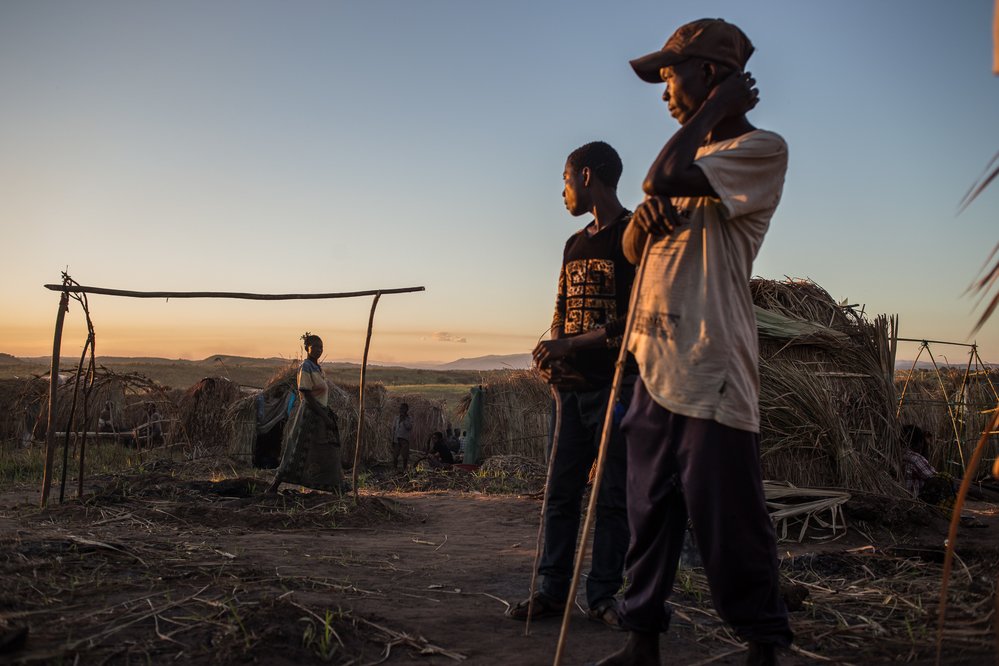
DRC - Tanganyika Internally Displaced People Intercommunal fighting in the province of Tanganyika has displaced 433,700 people since July 2016. Many of these people are living in informal settlements and have limited access to healthcare, and face alarming shortages of food, water and shelter. MSF undertook an assessment in April and found that the mortality rates of children under 5 are those we would expect to see in the acute phase of an emergency. However, people have been living in these conditions for months. Aid has been deployed but it is insufficient. More needs to be done, for the people living in the settlements around Kalémie but also for the pockets of displaced people in more inaccessible areas.
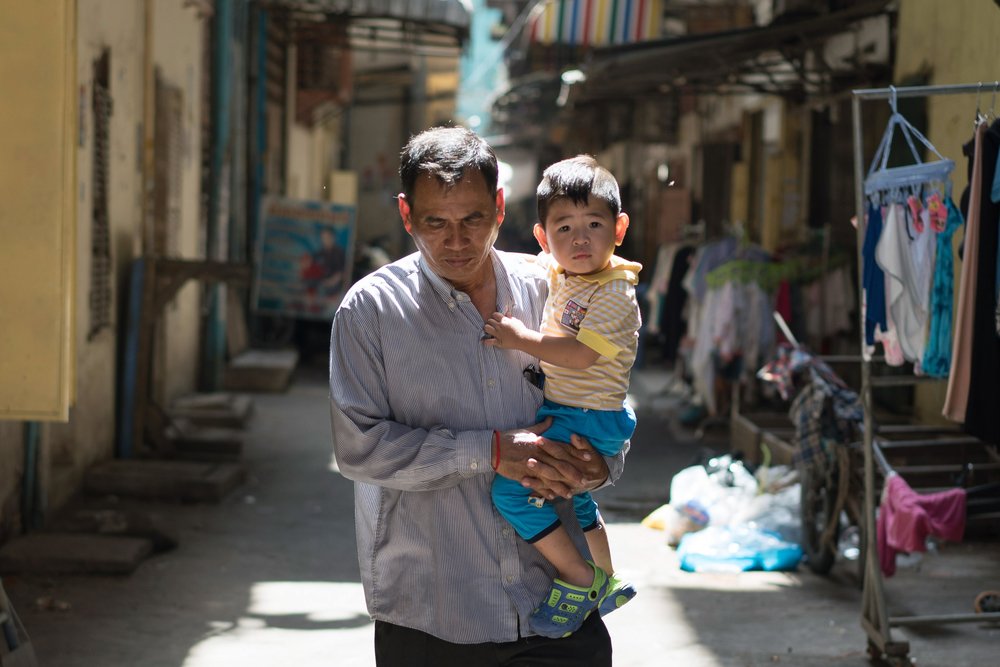
Cambodia Hep-C In 2016, MSF set up a treatment clinic for patients with hepatitis C in Preah Kossamak Hospital in Phnom Penh. By April 2017 over 10,000 patients had been screened since the start of the programme, of whom 4,000 patients had been diagnosed with hepatitis C infection. Around 800 patients have, as a result, been put on treatment since October 2016. MSF is treating patients with the improved hepatitis C medicines called direct-acting antivirals (DAAs) that have recently been introduced. These medicines are far more effective than previous hepatitis C drugs; they carry far fewer side-effects for patients and the treatment lasts around 12 weeks compared with the previous treatment of 24 to 48 weeks with painful weekly injections. However, the high price of the medicines is a barrier to treatment access. Diagnostic costs too present a challenge for treatment providers.
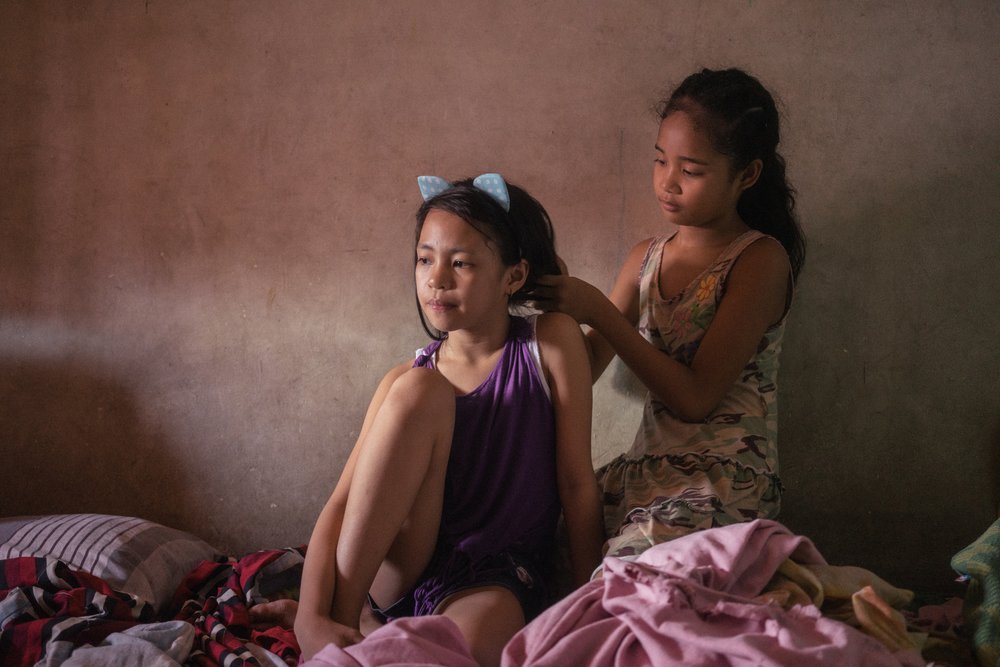
Tondo project in Philippines Since October 2016, MSF has worked in the slums of Tondo, in Manila, the capital of the Philippines. Access to affordable health care is a huge challenge for people in these slums, especially women seeking non-judgemental reproductive health and family planning services.
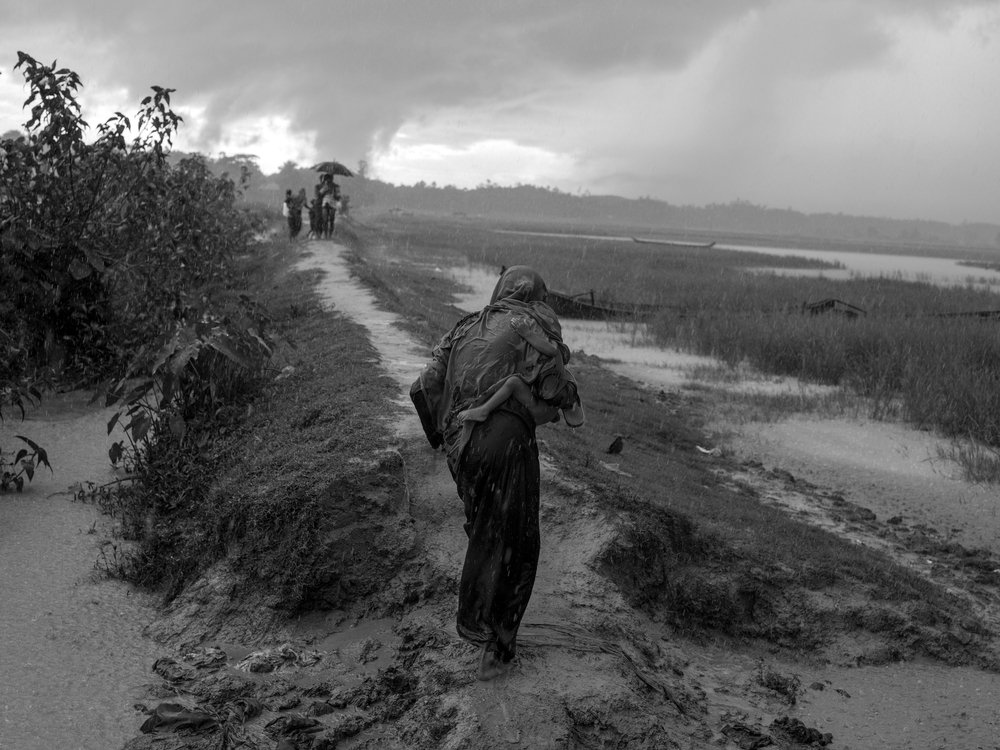
Bangladesh. Anjuman Para. Rohingya refugees from Myanmar, awaiting permission to continue their journey to the refugee camps near Cox's Bazar, seek shelter from the monsoon rains in a rice field on the Bangladeshi side of the border with Myanmar where Bangladeshi border guards have order them to stay.
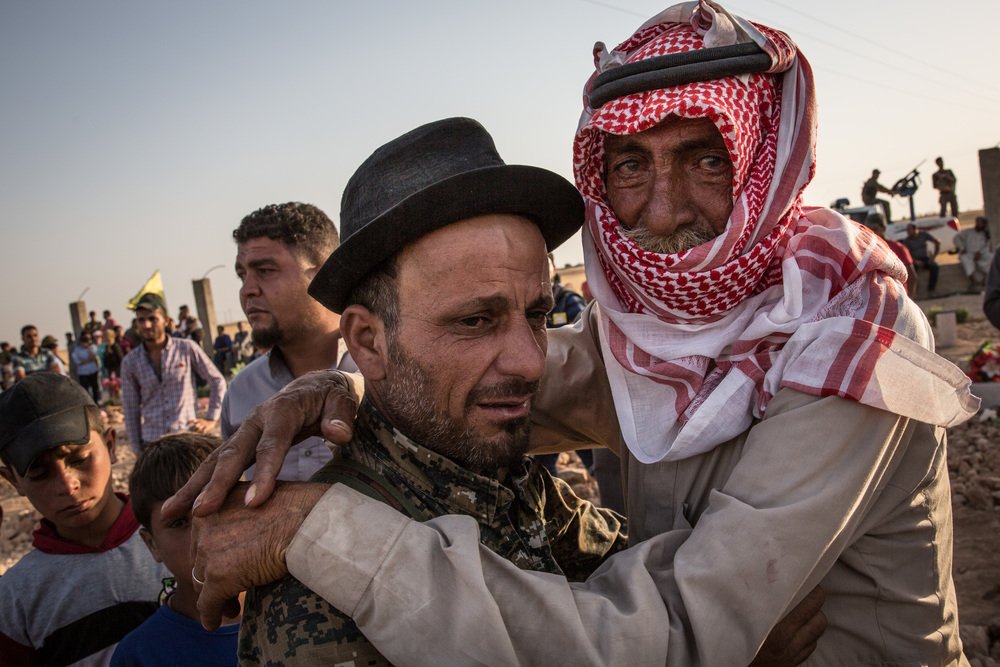
Snapshots from Northern Syria Raqqa is the only major Syrian city fully under IS control. And the Syrian Democratic Forces (SDF) supported by an international coalition are leading the battle to capture the city. People are trapped inside Raqqa and have little chance of escaping. The IDP’s camp located in Ayn Issa, 55 km north of Raqqa, shelter around 8,000 people. In Ayn Issa camp, a MSF team manages the water supply and is providing primary health care and stabilizing wounded patients before referring them to Kobane hospital where another MSF team is working.

Snapshots from Northern Syria Captured: Tal Abyad. Ismael bitterly gathered at the grave of Hout, his friend and cousin, who died in combat less than 48 hours before.
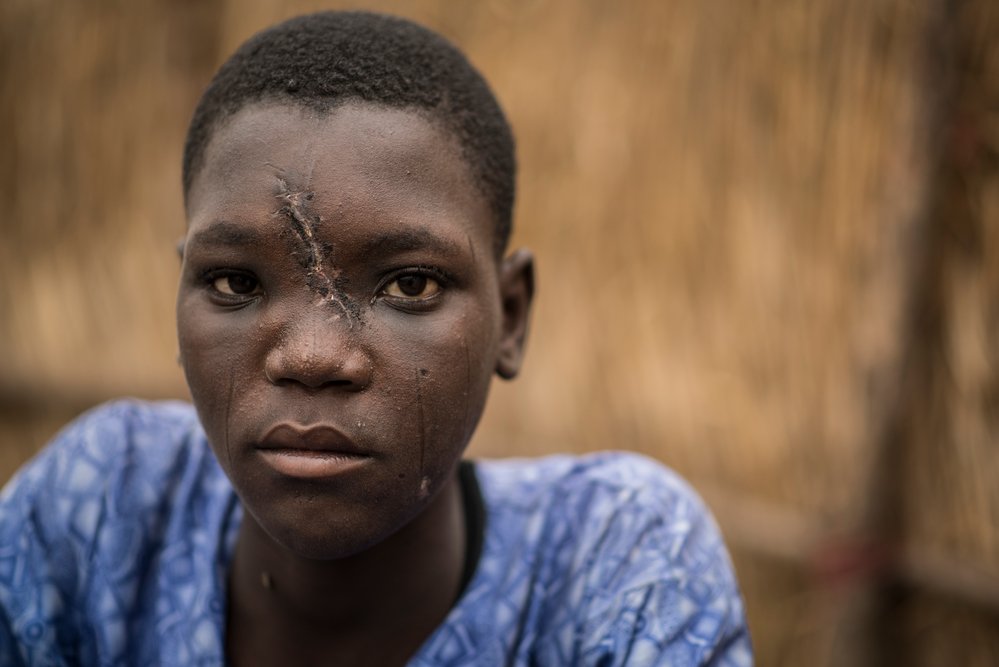
Ngala IDP camp, Nigeria - July 2017 45.000 people currently live in the camp for internally displaced people in Ngala. The camp is near the border with Cameroon and people have fled there due to violence from Boko Haram and military operations ongoing in the area. The security situation is volatile and people continue to flee their homes. Newly displaced arrive in Ngala on a regular basis. Many have been victims of extreme violence and have lost family members or have been separated from their loved ones. They are very vulnerable and many come empty handed. In the camp they are totally dependent on humanitarian assistance to survive. MSF first started providing healthcare in Ngala in October 2016, with teams crossing into Nigeria from Cameroon on a regular basis. The security situation made it very challenging for MSF teams to deliver aid. The security situation is still volatile but MSF now runs a hospital in Ngala and a permanent medical team provides much-needed health services in the camp. Captured: Toudjani Boulama, 18 years old, was shot in the face by Boko Haram. He was treated by MSF and referred to a hospital in Mada, Cameroon
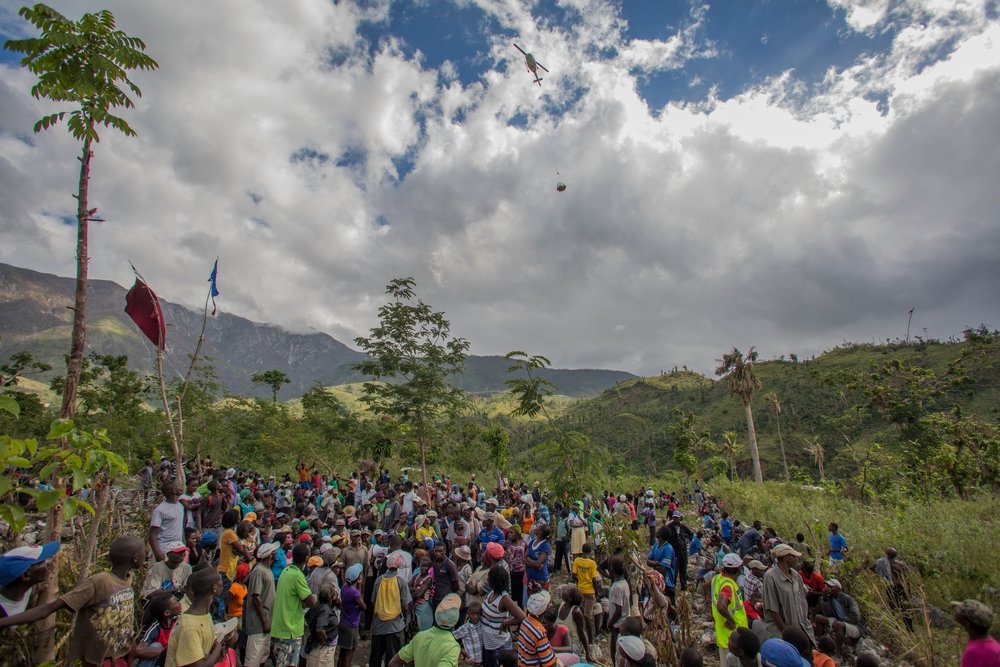
Aid Drops In Remote Areas Of Haiti The inhabitants of Bolosse village watch the arrival of a helicopter bringing suppliers during the distribution of aid packages MSF in the most remote areas of Jérémie and Cayes. Haiti, Friday 6 January 2017.
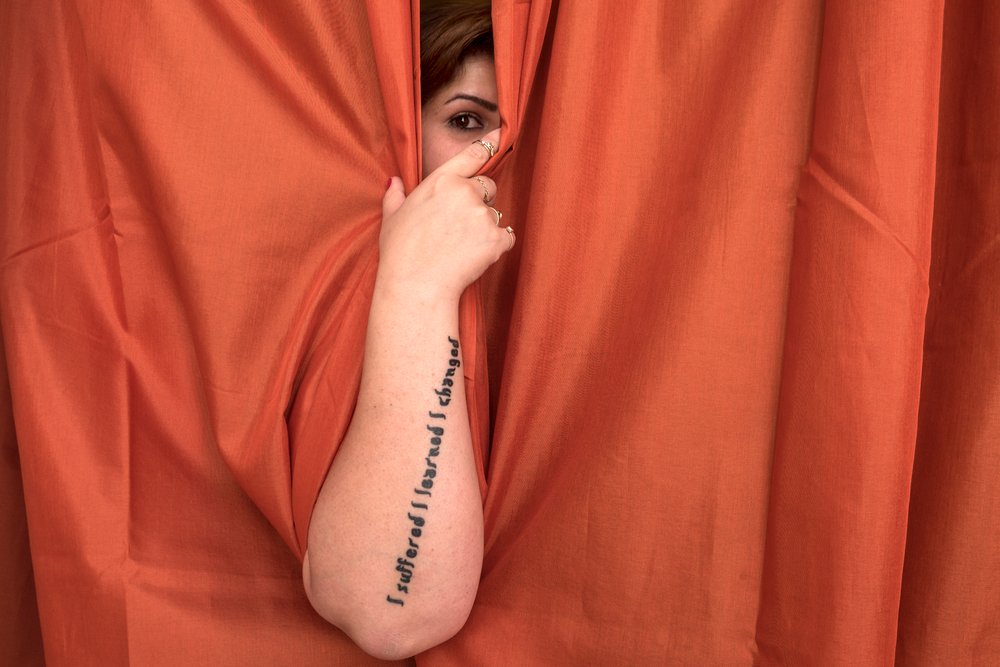
Breathing Fresh Air in Solitary Confinement Men, women and children have arrived on Greek shores fleeing from war and conflict. Just like us, they long to be free of fear, and lead safe, normal and productive lives. Some of those who arrive are extremely traumatized, and their mental state often shows scars, but it takes a specialized medical professional to recognize their severe condition. Too often their terrible ordeal is overlooked during the asylum process, thus blocking their access from the islands to the mainland to receive adequate treatment and safety.
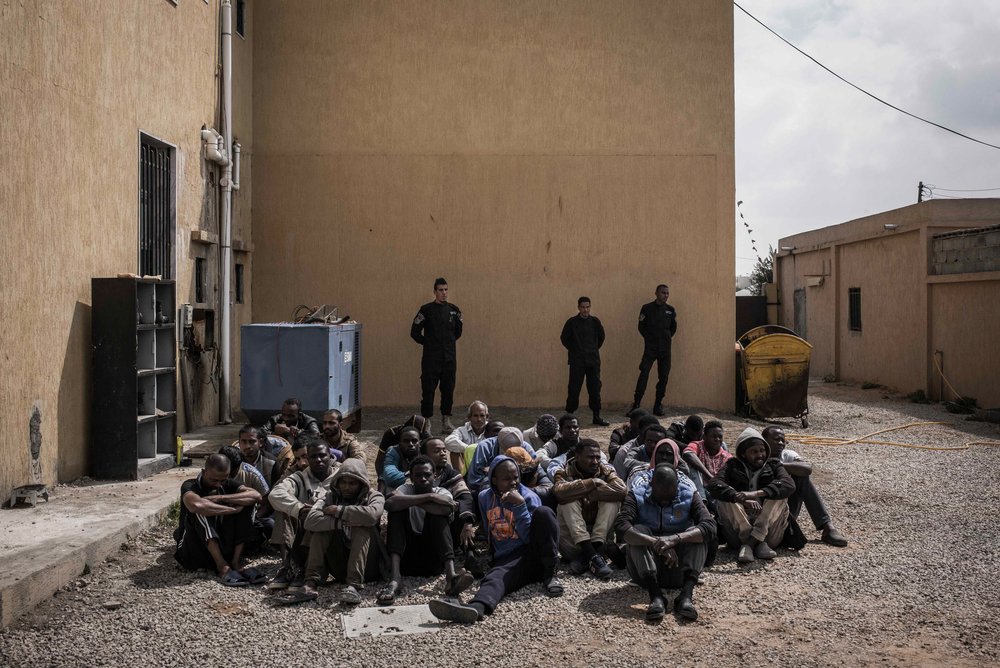
Detention Centres - Tripoli, Libya Libya is a lawless state fragmented by conflicts and both a destination and a place of transit for hundreds of thousands of refugees, asylum-seekers and migrants. In migrant detention centres, they face arbitrary detention for prolonged periods of time in unsanitary and inhumane conditions. There is no way to challenge the lawfulness of their detention, virtually no access to the outside world, ill-treatment and a lack of access to medical care. Captured: Men detained in Janzour detention centre, in the outskirts of Tripoli, Libya. Detainees spend days and months in Libyan detention centres, without knowing when they will be released.
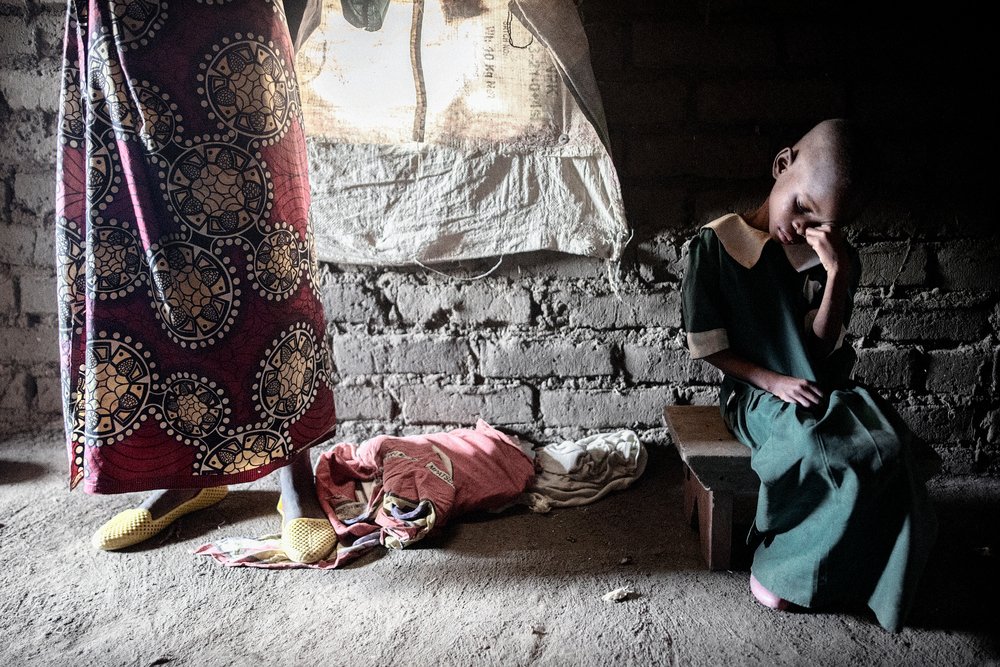
Chiradzulu, Malawi: HIV care for adolescents In Nsanje district, MSF supports the severely underfunded district management team in running a fully decentralised HIV and tuberculosis (TB) programme that includes infants newly diagnosed with HIV. MSF also supports in providing care for patients with advanced HIV in the district hospital, and healthcare for truck drivers and sex workers.
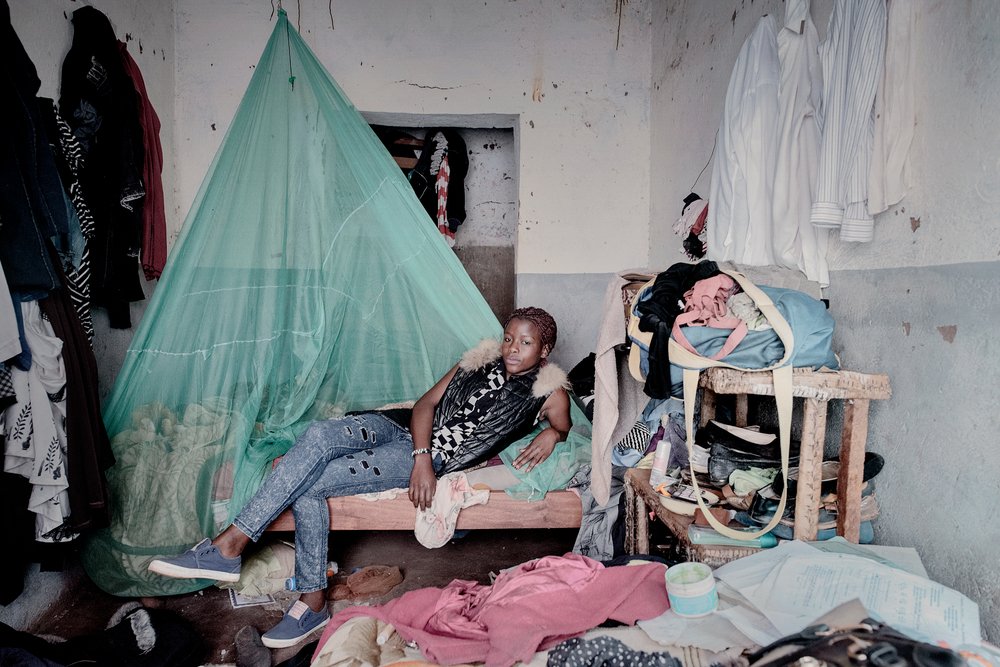
Chiradzulu, Malawi: HIV care for adolescents Captured: D. Njala, 18 years old, from Chiradzulu (HIV and TBC positive) lies on her bed in Chiradzulu suburb.
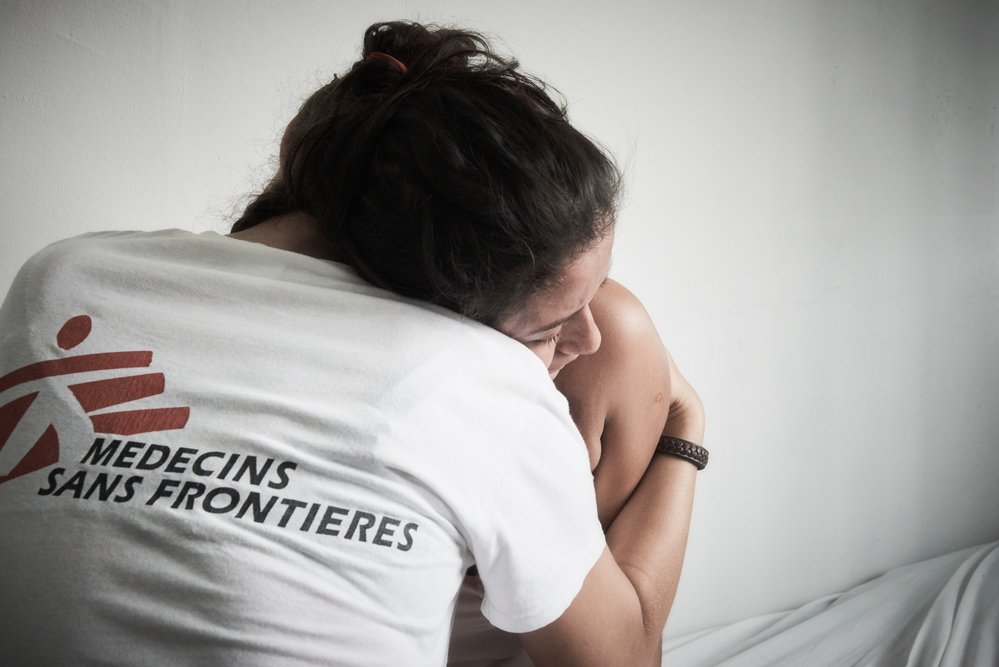
Sexual and reproductive healthcare in Choloma, Honduras MSF is supporting a mother and child clinic in the municipality of Choloma, Honduras since March 2017. Choloma, a rapidly expanding industrial area, is now the third most populous city in Honduras and is notorious for its high levels of violence. With few hospitals nearby, women in this area previously had difficulty accessing medical services; few pregnant women received antenatal care and vaccination coverage was low. The result was high morbidity rates among women of sexual and reproductive age and high numbers of childbirth-related deaths. Captured: Cinthya (name has been changed) an 18 years old patient has come to the Choloma clinic for medical and mental health care after suffering domestic violence. She is 2 months pregnant.
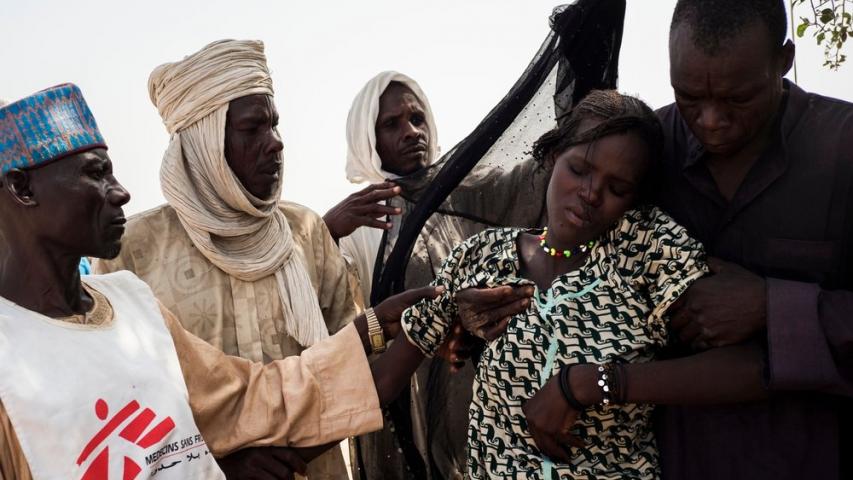
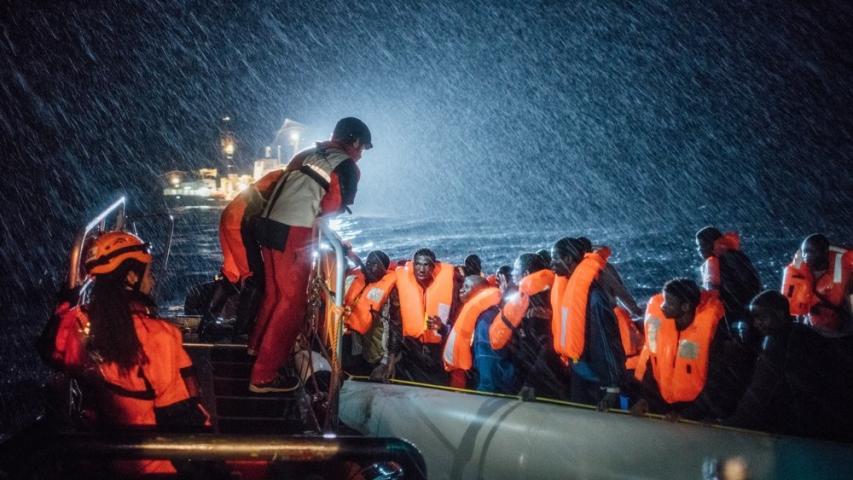
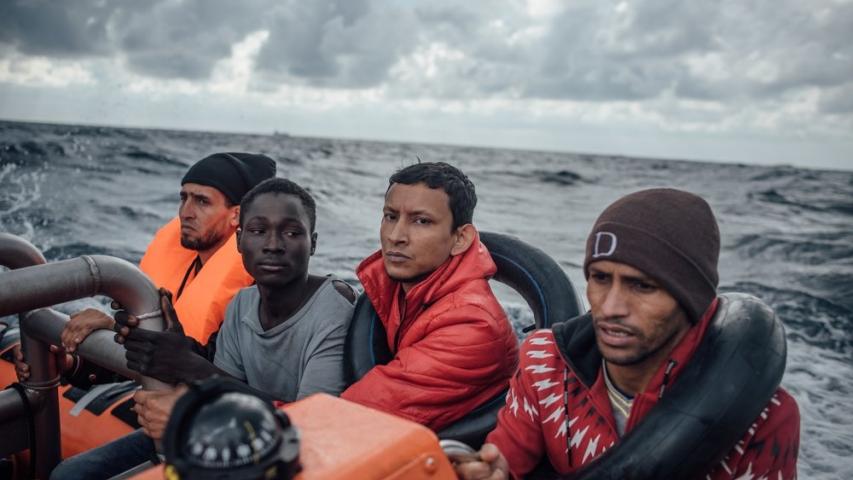
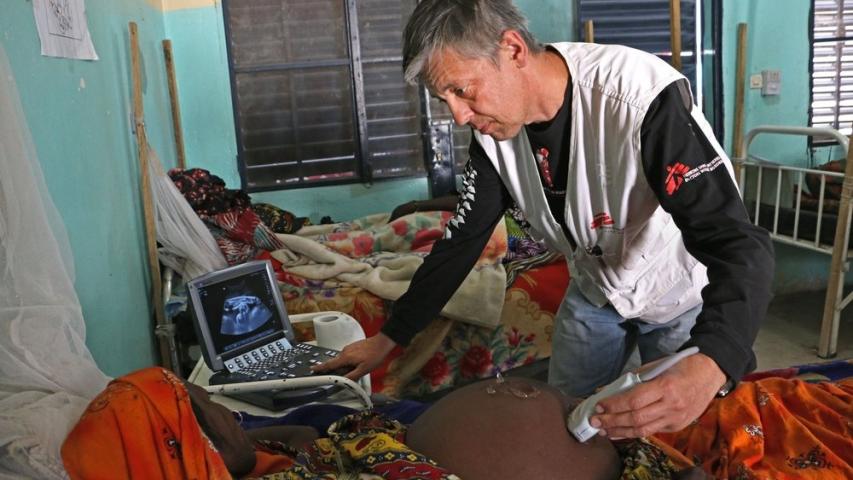
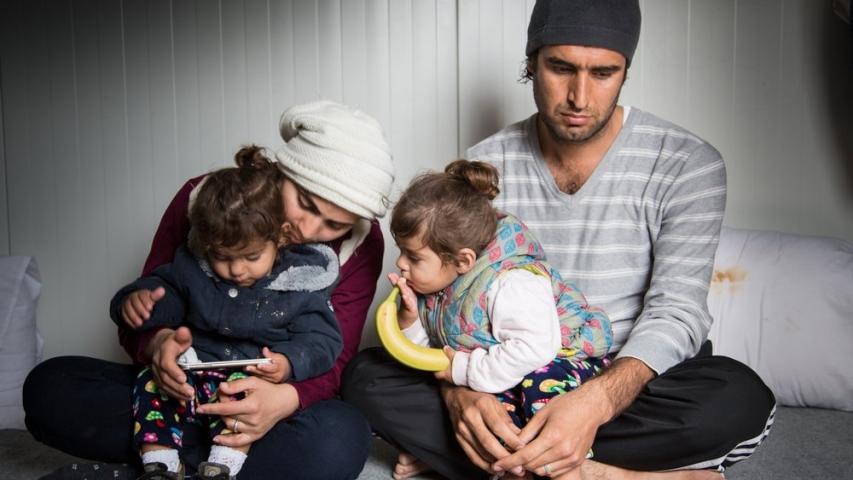
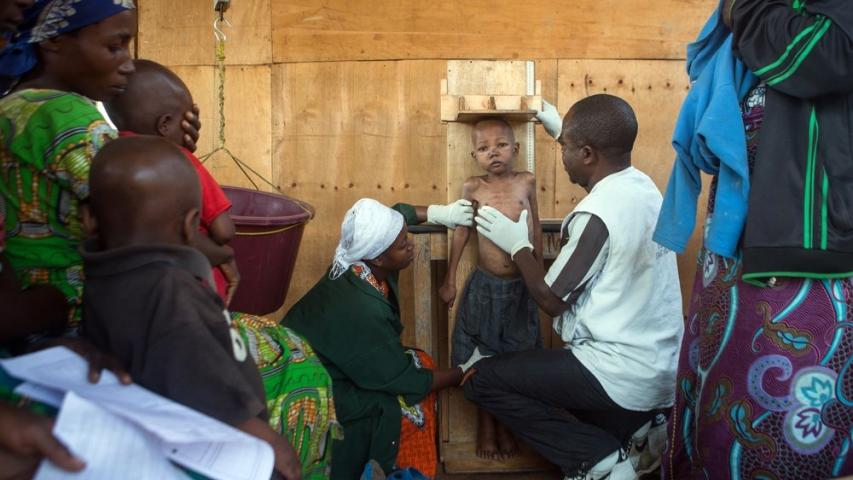
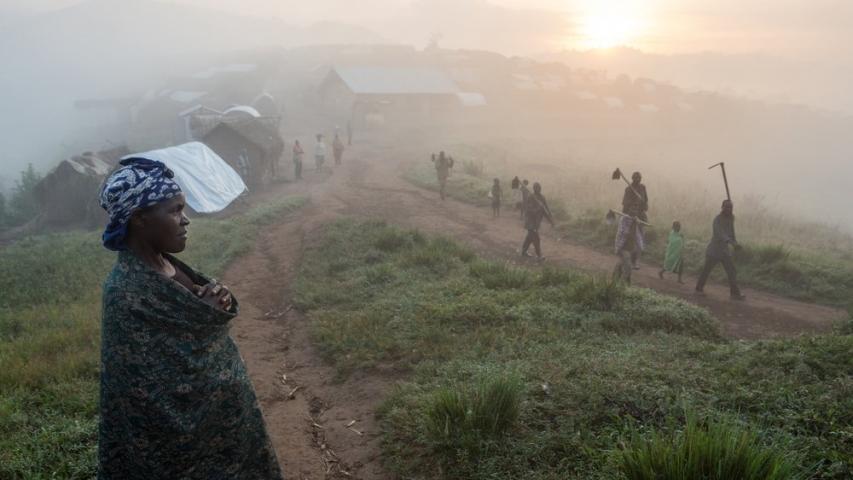
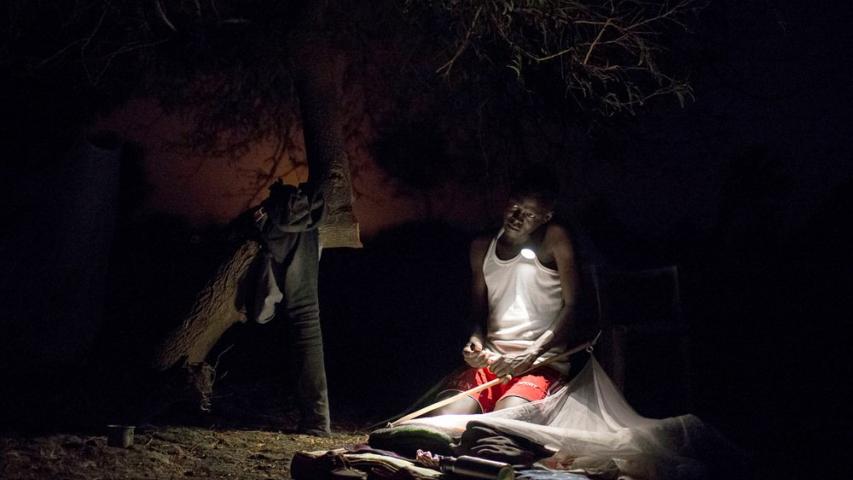
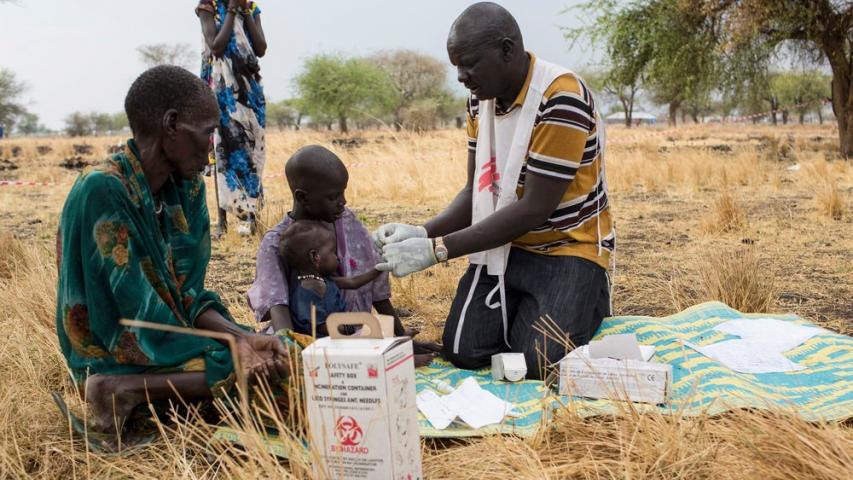
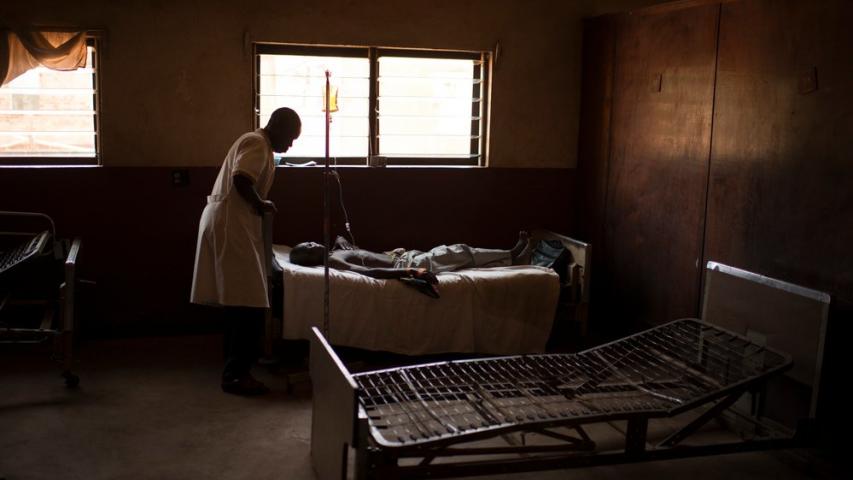
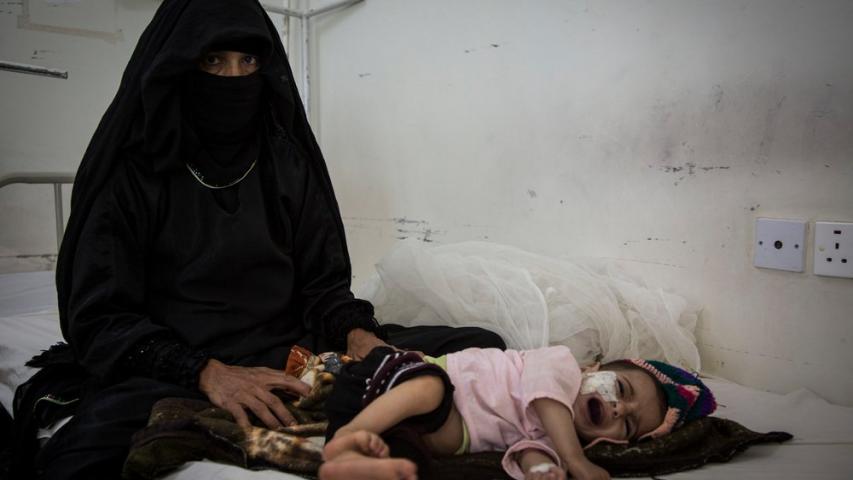
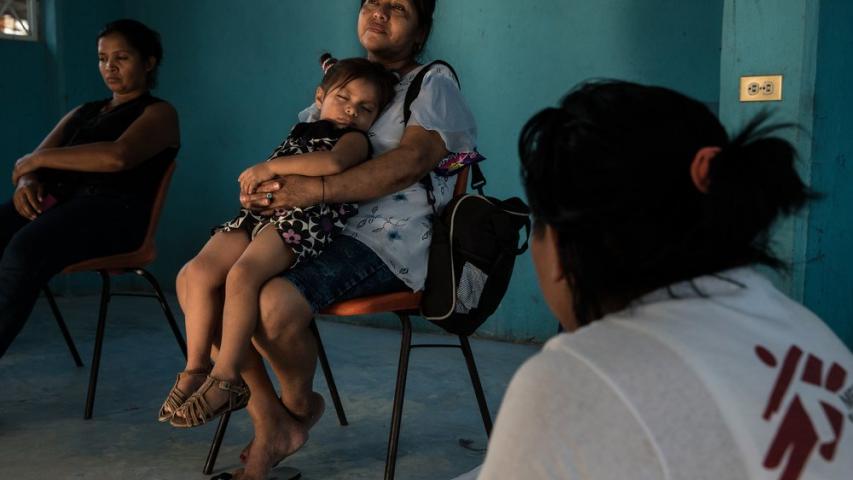
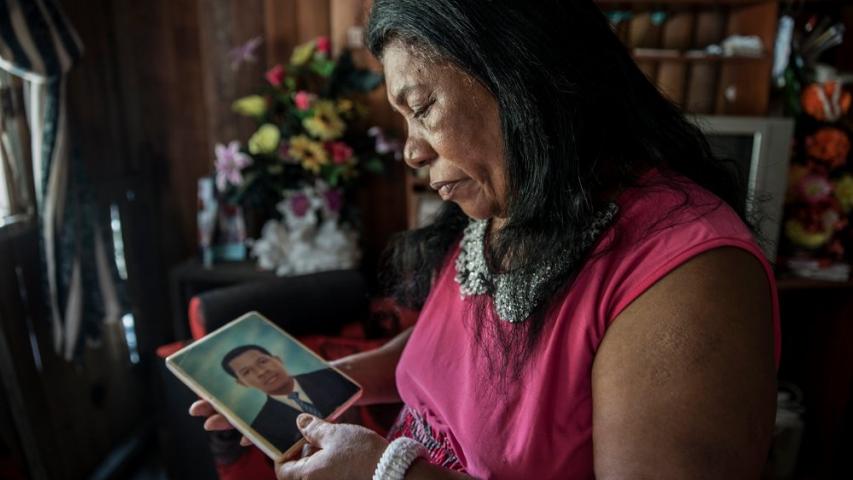
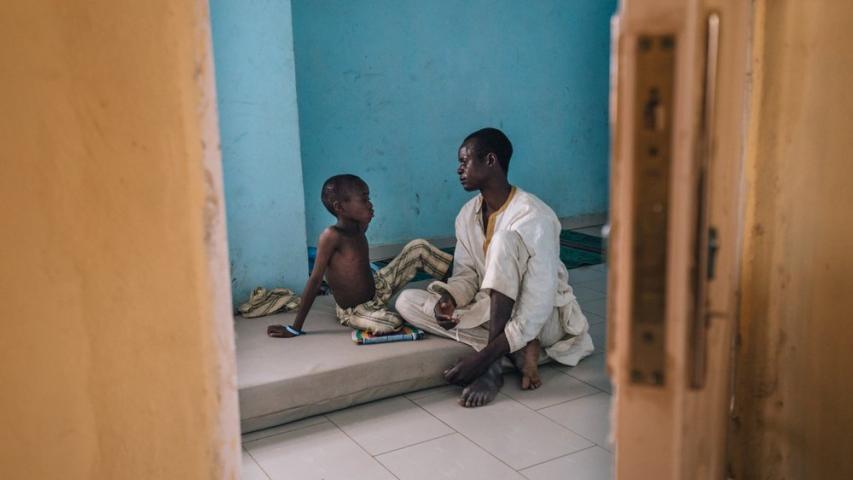
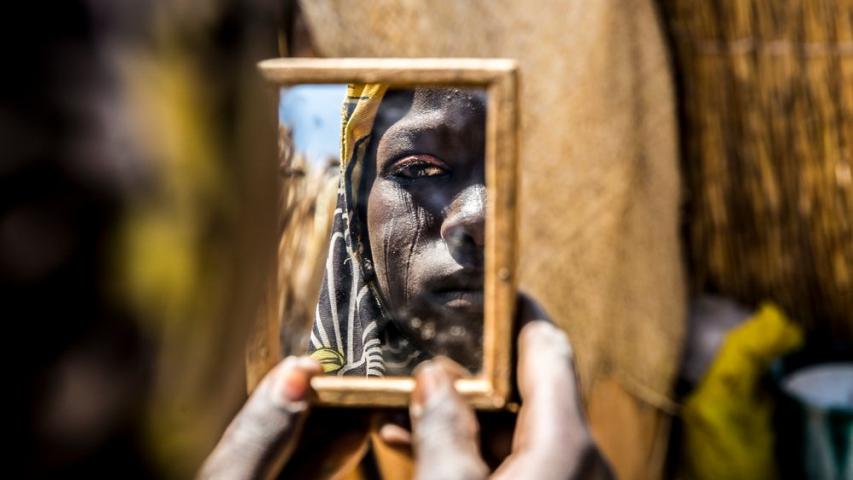
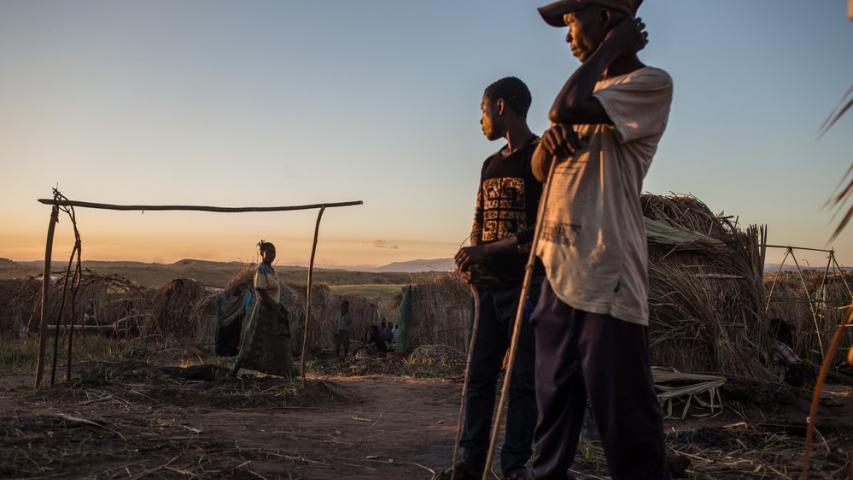
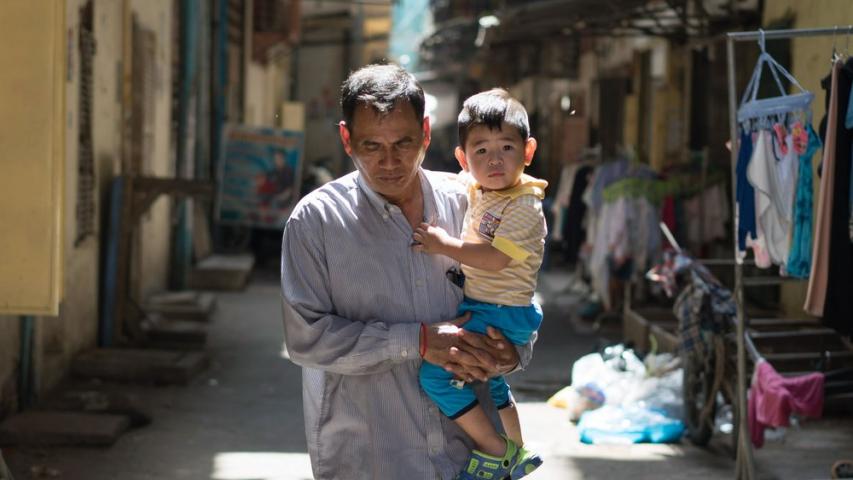
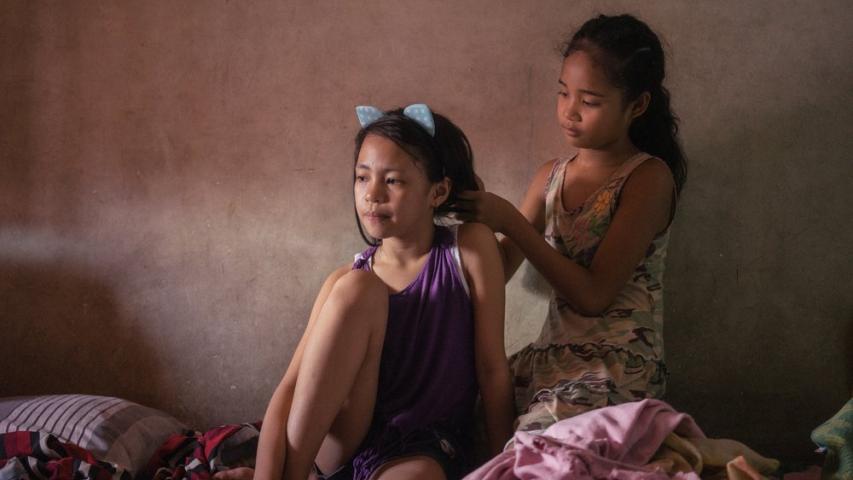
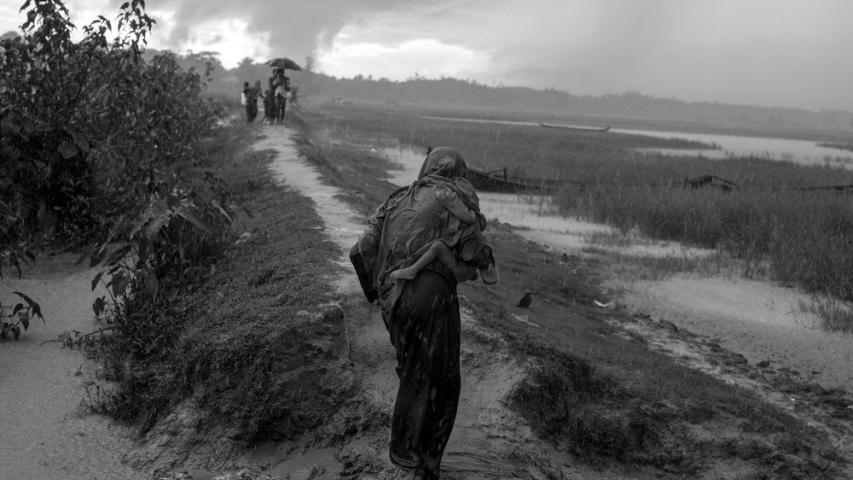
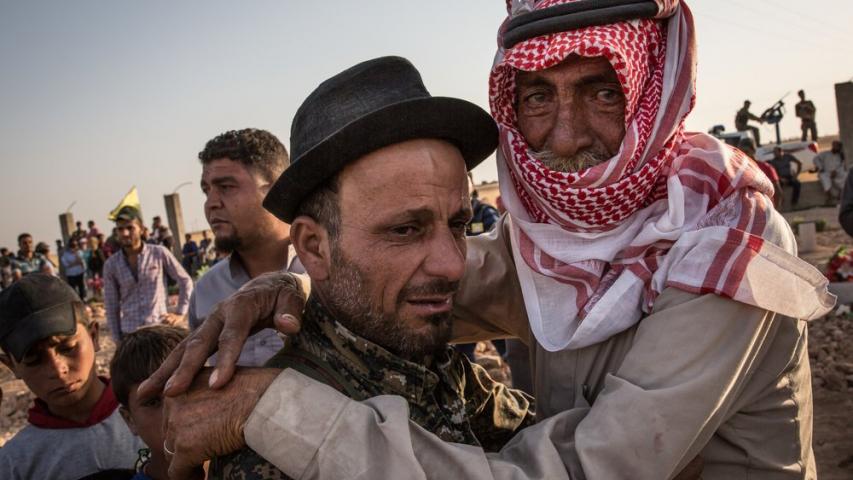
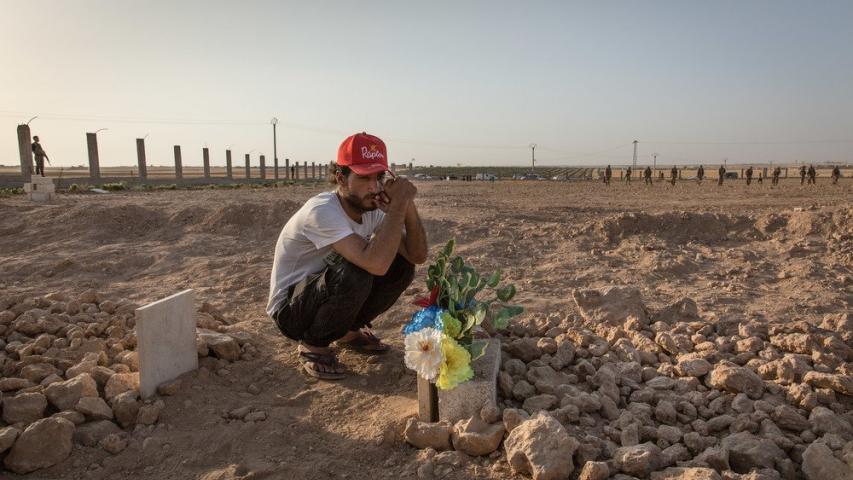
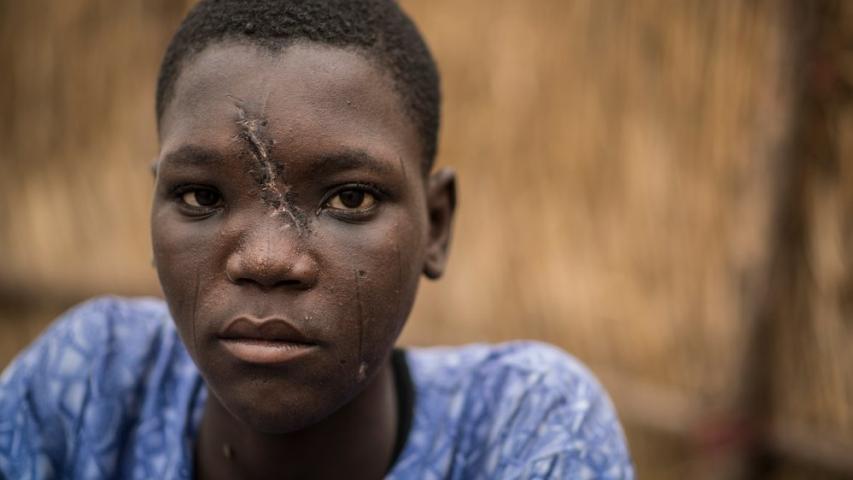
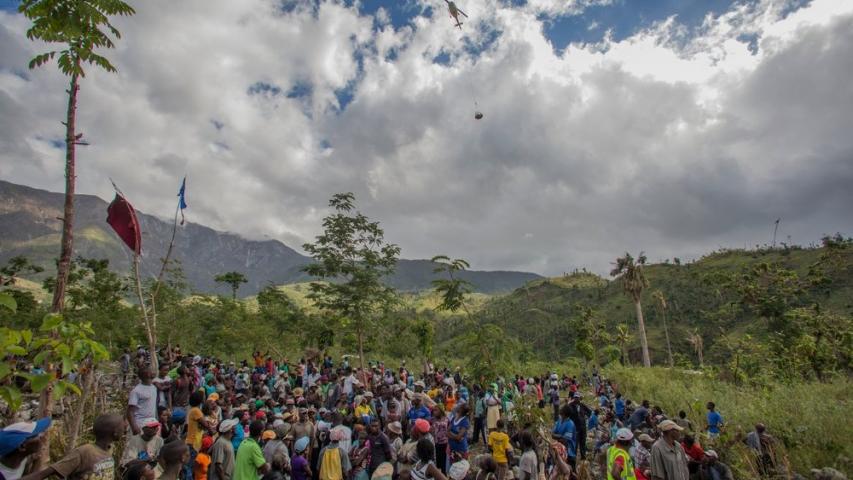
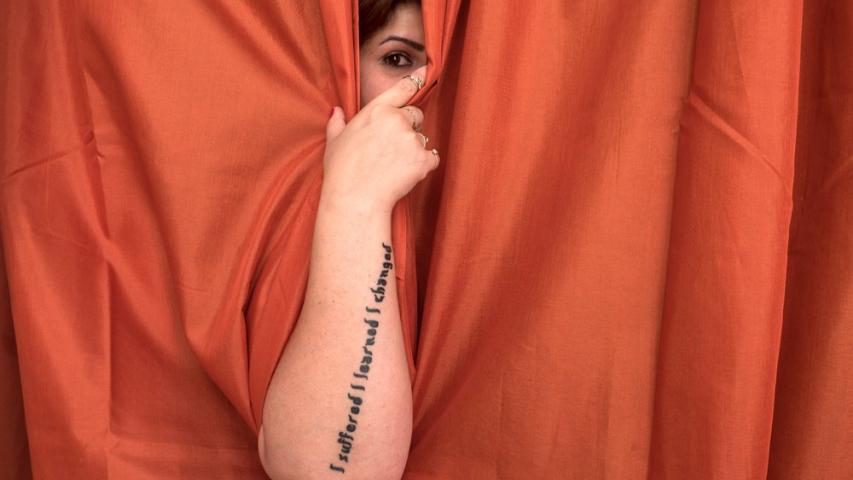
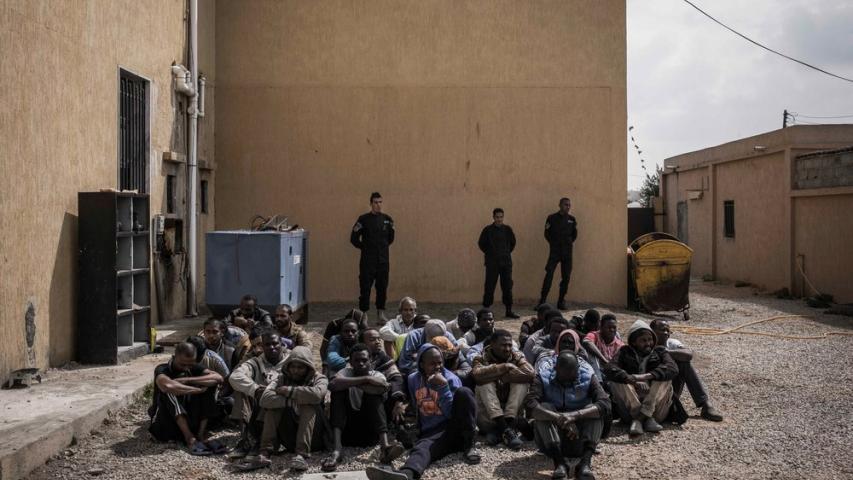
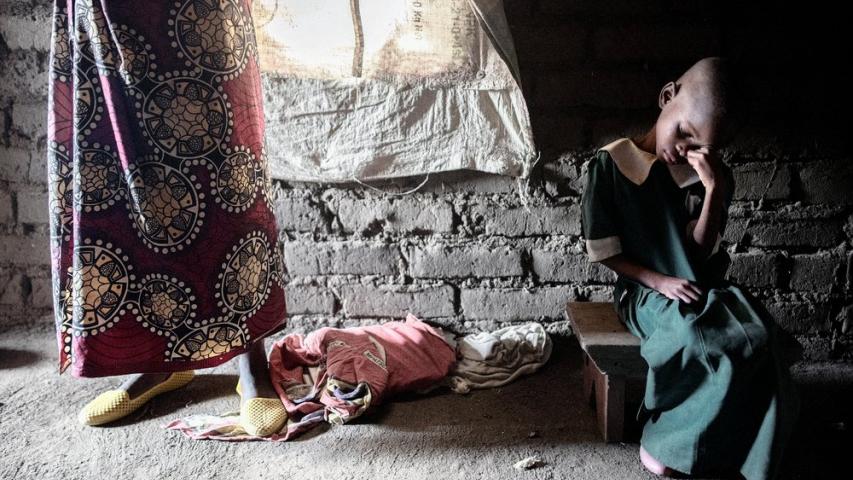
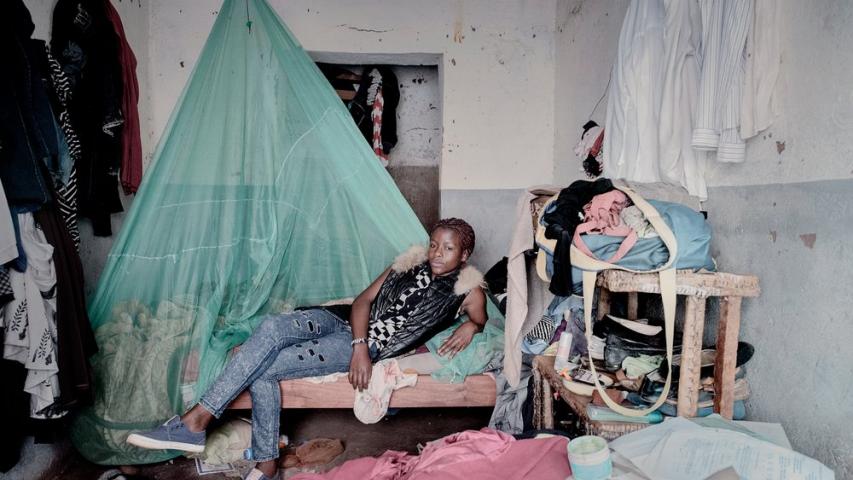
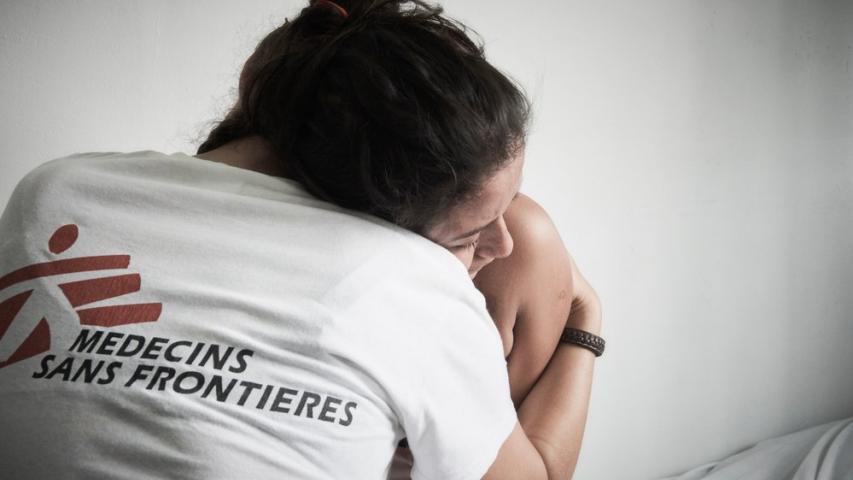
From war and civil strife, to disease and epidemics, to natural disasters, MSF staff have been on the frontline of saving lives during 2017. Our talented and dedicated photographers have been there every step of the way to bear witness to the stories of the past year, capturing the work of our teams and the ongoing battle to save those in peril in our world.
